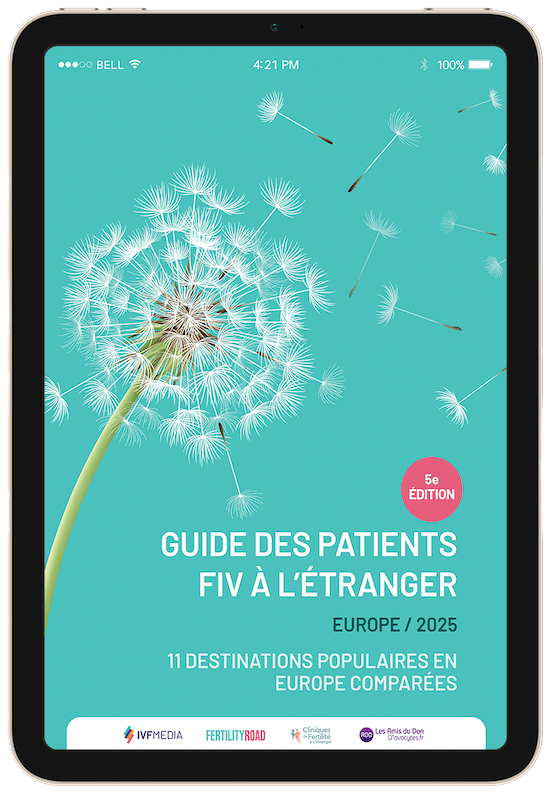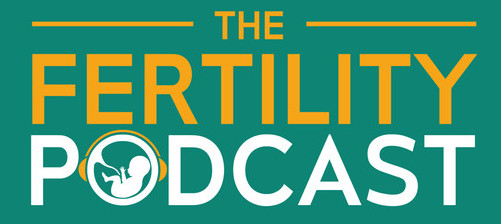Travelling to Spain for Egg Donation
 It can be quite scary to go to another country for medical treatment. Apart from all the travel arrangements, there is the treatment itself, and what it involves. The majority of people from abroad come to Spain for egg donation. No doubt you will have questions and anxiety about your potential egg donor. How are they selected? How do I know they have been screened properly? And questions about the logistics of the treatment itself. Here is some information to help put your mind at ease.
It can be quite scary to go to another country for medical treatment. Apart from all the travel arrangements, there is the treatment itself, and what it involves. The majority of people from abroad come to Spain for egg donation. No doubt you will have questions and anxiety about your potential egg donor. How are they selected? How do I know they have been screened properly? And questions about the logistics of the treatment itself. Here is some information to help put your mind at ease.
The egg and sperm donors are rigorously screened medically and psychologically and many are rejected (the clinics which I visited told me that due to the economic recession in Spain, there are lots of women who come forward to donate and so they do reject a great many). Egg and sperm donors are anonymous in Spain. The egg donors must by law be no older than 35. The process of selecting a donor is usually three fold. First with the medical team, then the psychologist, and then the potential donors undergo the medical screening. The medical tests involve serology (HIV testing etc.), blood tests, ultrasound, smear test and karyotyping (analysing their chromosomes). There is a battery of tests which need to be completed by every clinic. However, some clinics will also test for genetic diseases like cystic fibrosis but some won’t unless there is some medical indication reported by the donor.
In Spain a donor can only have 6 children born to them including their own. Some clinics, therefore, restrict the number of stimulation cycles that a donor can undergo in order that any frozen embryos can be used in future cycles. Some other clinics do not restrict the number of cycles, albeit as long as the law is upheld. The financial compensation to the donor is usually included in the price for egg donation (around 900 euros) but sometimes the donor’s medication will not be included.
If you prefer, some clinics will offer frozen eggs for egg donation treatment. This makes the whole cycle easier to synchronise. Some clinics, however, only do fresh cycles as they believe the quality of the embryo to be better. This is usually a subjective decision.
The matching of your characteristics with the donor is done usually by the medical team.
In terms of visits, only two visits to the clinic are usually required. The first one is for the first consultation where the doctor can talk through the options and treatment and begin the matching process. Sperm can also be frozen at this point. The second visit can happen around the day of transfer. Most clinics recommend a two night stay, the day before transfer and the evening after. If fresh sperm is preferred then obviously a sample would need to be given on the day of egg collection.
Spain is a beautiful country and the clinics are usually found in places where you would want to visit: Madrid, Barcelona, Seville, and Marbella etc. This means that while you are attending treatment, there are things to see and do to keep your mind off what’s happening in the lab!
Find out more about IVF in Spain.



